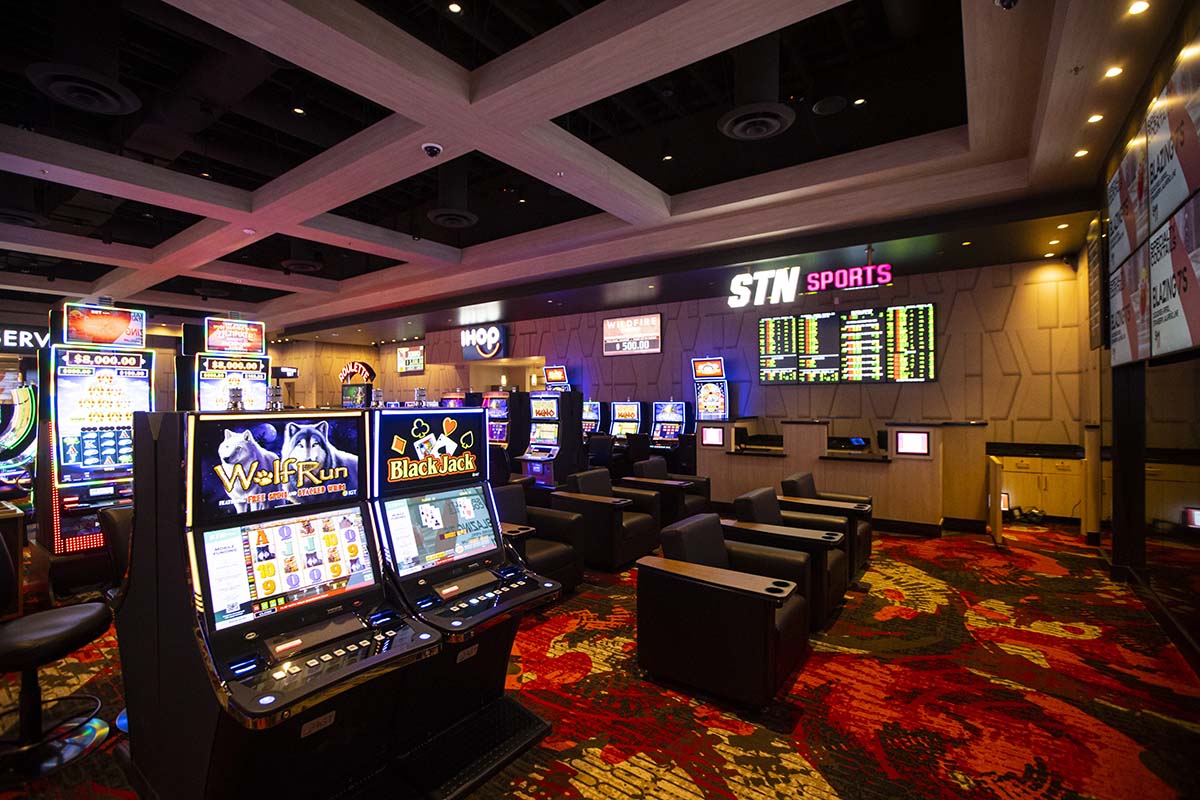
Casino entertainment have long been a fascinating entertainment option, drawing millions of players from diverse cultures around the globe. From the opulent casinos of Vegas to the thriving gambling halls of Macau, these games serve as a bridge that brings together people across different backgrounds. The allure of luck, strategy, and gambling entices not only those looking to gamble for profit but also those looking for a feeling of belonging.
The significance of casino games extends significantly past the gaming floor. They often represent the cultural standards and principles of the cultures in which they flourish. Games such as poker, pontoon, and the wheel game have embedded themselves into the mosaic of cultural phenomena, influencing multiple fields from cinema to fashion. As we explore this fascinating intersection of gambling and life, we can better understand how these games shape and are affected by the surrounding world.
Chronological Development of Gaming Activities
The origins of casino activities can be traced back to historical civilizations, where betting in multiple forms was widely practiced. In China, around two thousand three hundred years before Christ, a variant of luck game known as Keno was popular, while in old Rome, soldiers would regularly bet on the outcomes of their games. The idea of using luck for entertainment and gain developed over the centuries, leading to the establishment of more organized activities. By the final Middle Ages, gambling houses began to emerge in European nations, especially in Italy, which presented early incarnations of popular games still practiced today.
As gambling gained fame in European regions, the 17th and 18th centuries saw the rise of gambling establishments as exclusive venues for betting. The initial official gaming venue, the Ridotto, was established in Venice in 1638, providing activities like Baccarat and Faro games. This period marked a crucial shifting point, as casinos began to draw not just the wealthy but also the growing middle class. The complexity of games increased, leading to the development of new guidelines and versions that improved the gaming experience.
In the 19th century, the industrial age and shifts in social standards also altered the terrain of gaming games. The introduction of roulette and contemporary one-armed bandits drew a more diverse audience, and gambling establishments became seen as legitimate forms of entertainment. This time witnessed the international spread of casino activities, as casinos spread from Europe to the Americas, culminating in the development of the iconic Las Vegas Boulevard in the 20th century. The evolution of gambling activities has progressed into the current era, incorporating technology and digital sites, allowing them accessible to a global audience.
## Cultural Importance in Diverse Cultures
Casino games have deep-rooted social value within a multitude of societies across the globe. In Las Vegas, the very fabric of the city is woven around gambling establishments, where playing is not just a recreational activity but a key aspect of leisure and social interaction. The vivid lights and vibrant atmosphere attract a vast audience, showcasing how games of chance can impact local financial landscapes and cultural uniqueness. This environment transforms the notion of leisure into an engaging experience that affects fashion, sound, and even movies.
On the other hand, some cultures treat betting with more caution, viewing it through the lens of ethical beliefs and customs. For instance, in numerous Oriental cultures, games like Mahjongg and Pai Gow Gambling are full of history and carry significant social meanings. These games are often played during gatherings and celebrations, fostering collective connections and reinforcing family ties. The act of participating in these games goes past mere entertainment, reflecting ethics such as deference to seniors and the significance of communal fun.
Simultaneously, in Western countries such as the principality of Monaco and Italy, casino games serve as symbols of opulence and sophistication. The refined atmosphere of these venues attracts both tourists and locals, upholding a sense of status and exclusivity. s666 đăng nhập The art of poker and the strategic elements of games like the game of baccarat are appreciated, shaping community relationships and cultivating an attraction that captivates a diverse audience. This emphasizes how casino games can both mirror and shape cultural attitudes towards risk, benefit, and social interaction.
Economic Impact and Travel Industry
Gambling activities play a crucial role in the financial context of many areas, particularly those that rely heavily on visitor traffic. The revenue produced from casino operations fuels local financial systems, creating jobs not only within the casinos themselves but also in related sectors such as hospitality, dining, and entertainment. This influx of tourists, drawn by the attraction of gambling and the overall gaming environment, stimulates expenditure across multiple local enterprises, contributing to the economic health of the region.
The presence of casinos often leads to the construction of infrastructure, including lodging, public transit, and leisure amenities. These developments are essential in enhancing the overall visitor satisfaction, making destinations more attractive to tourists. Additionally, many casinos invest in local communities through support of events and charitable activities, further embedding themselves into the community structure of the locality. Such investment not only supports economic growth but also fosters a positive image of the casino industry.
Furthermore, the worldwide appeal of casino games drives competitive tourism, with locations vying to attract gamblers from around the world. Iconic locations like Las Vegas and Macau have become identifiable with casino culture, drawing millions annually. This advantage encourages innovation and variety within the gambling sector, influencing trends in leisure and accommodation that resonate beyond their borders. The consequences of this tourism extend wide, impacting local financial health and cultural interactions on a global scale.